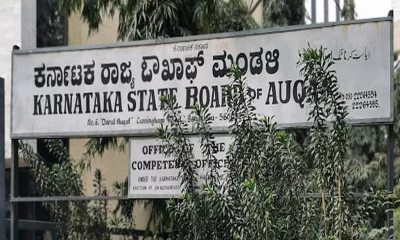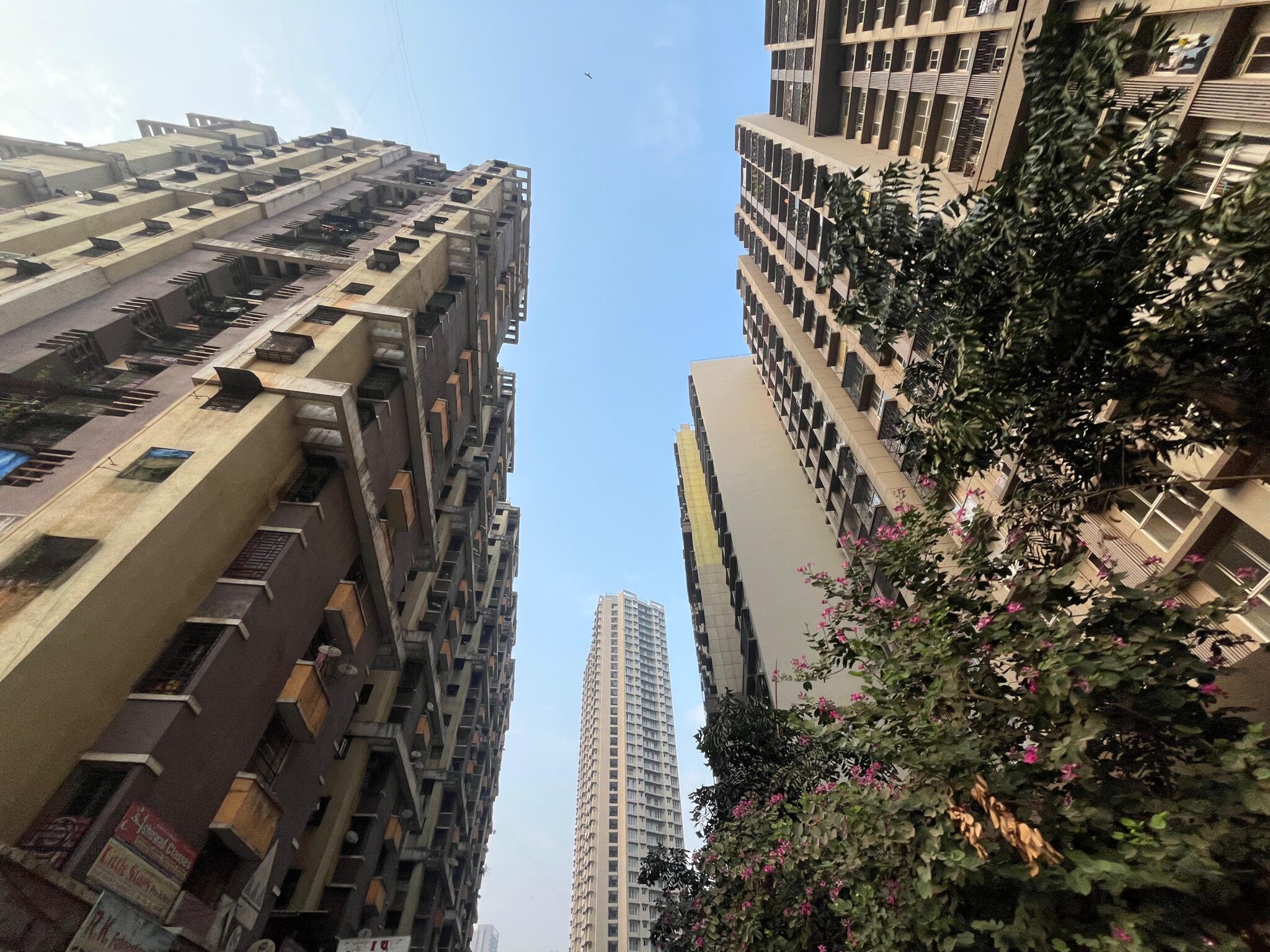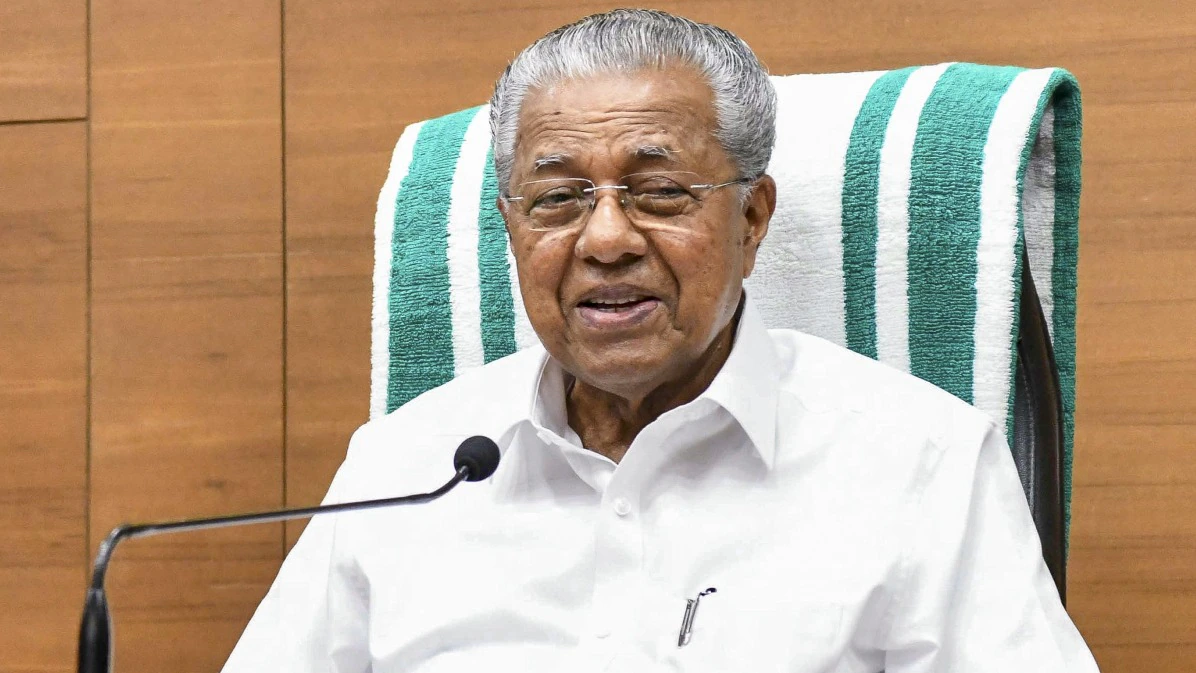Bhuvana Iyer, Mumbai Uncensored, 11th January 2022 :
Chhattisgarh High Court grants divorce to the husband after the wife refuses to return to the matrimonial home under the guise of Shubh Muhurat (auspicious time) and continues to stay at her maternal home, calling it a case of ‘Desertation’.
Importantly, the Bench of Justice Goutam Bhaduri and Justice Rajani Dubey ruled that in the facts of the case, the Husband was entitled to get a decree of divorce under Section 13 (ib) of the Hindu Marriage Act, 1955.
It may be noted that Section 13(ib) of the HM Act lays out ‘Desertation’ as a ground of Divorce as it essentially speaks about the dissolution of marriage on the ground that a spouse has been deserted by wife/husband for a continuous period of not less than two years.
Background of the case:-
The appellant (Husband) and respondent (Wife) got married on July 8, 2010, and they lived together until July 19, 2010, for about 11 days. Subsequently, the wife’s family members came and took her away on the grounds of some important work.
Thereafter, she did not return and when the husband tried to get her back on two occasions in 2010, she did not come back on the ground that an Shubh Muhurat (auspicious time) was not there and thereafter, the respondent/ wife did not volunteer to join her husband back at any point of time.
Subsequently, the appellant/husband filed a suit for restitution of conjugal rights, which was decreed ex-parte.The wife claimed that the notice to the application for restitution of conjugal rights was received by the respondent/wife but she could not appear before the Court, as she was stuck in the discharge of the Govt. official duties.
Thereafter, the Husband moved to the Family court seeking a divorce decree, however, the petition was dismissed as the Court noted that husband has failed to prove the ground of desertion.The Court also observed that even after getting a decree for restitution of conjugal rights, since it was not put to execution; therefore, the intention of the husband was not to resume and restore the family. Challenging the same, the Husband moved to the High Court.
The wife contended that she was ready and willing to join the company of the husband but he did not turn back to get her back when auspicious time started, which according to their custom was a necessity.
Judgement:-
The Court observed that it was clear from the statement of both the husband and the wife, that on the issue of the joining the company of the husband for want of an auspicious time, the wife and the husband did not join the company of each other. Further, the Court was also of the view that simply sitting dormant despite knowing of the fact the effort made by the husband for restitution of conjugal rights, showed the intention of the wife not to join back the company of the husband.
The Court came to the conclusion that despite the effort taken by the husband to restore his matrimonial home, the wife was not cooperative and under the guise of auspicious time to return back, she continued at her maternal home.
“It is further observed that the wife after knowing the fact that the restitution of conjugal rights before the court could have joined the company of the husband, which would have otherwise solved the entire issue,” the Court added is it allowed husband plea and ordered the dissolution of their marriage by a decree of divorce.





 Health3 weeks ago
Health3 weeks ago


 Special Editions2 months ago
Special Editions2 months ago


 Special Editions1 day ago
Special Editions1 day ago


 Special Editions21 hours ago
Special Editions21 hours ago


 Special Editions1 day ago
Special Editions1 day ago













